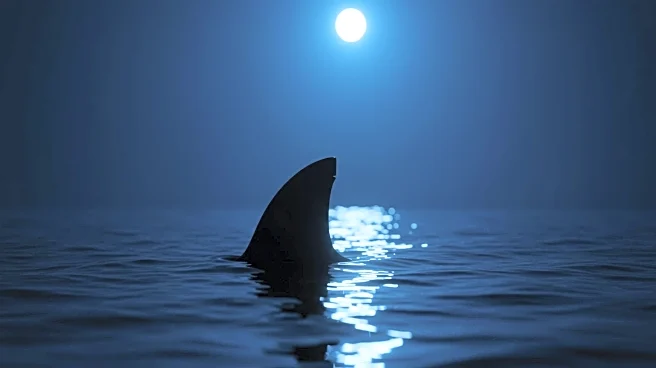What's Happening?
The South Korean Supreme Court has dismissed a copyright claim by American composer Jonathan Wright, who alleged that his version of 'Baby Shark' was plagiarized by South Korean company Pinkfong. Wright sought damages of 30 million won ($21,600) but the court upheld previous rulings that found no infringement. Wright's version, released in 2011, was based on a traditional melody popular in U.S. children's camps. The court ruled that Wright's version did not differ enough from the original to qualify for copyright protection, and Pinkfong's version had distinct differences.
Why It's Important?
The ruling reaffirms legal principles regarding derivative works based on existing folk tunes, impacting how copyright claims are assessed in similar cases. It highlights the challenges artists face in protecting adaptations of traditional melodies. Pinkfong's 'Baby Shark' has become a global cultural icon, demonstrating the power of viral content and its influence on music and entertainment industries. The decision may influence future copyright disputes involving adaptations of public domain works.
What's Next?
With the legal battle concluded, both parties are expected to move forward independently. Wright may focus on licensing his version, while Pinkfong continues to capitalize on the global success of 'Baby Shark'. The case may serve as a precedent for similar copyright disputes, influencing how courts handle claims involving adaptations of traditional melodies.









